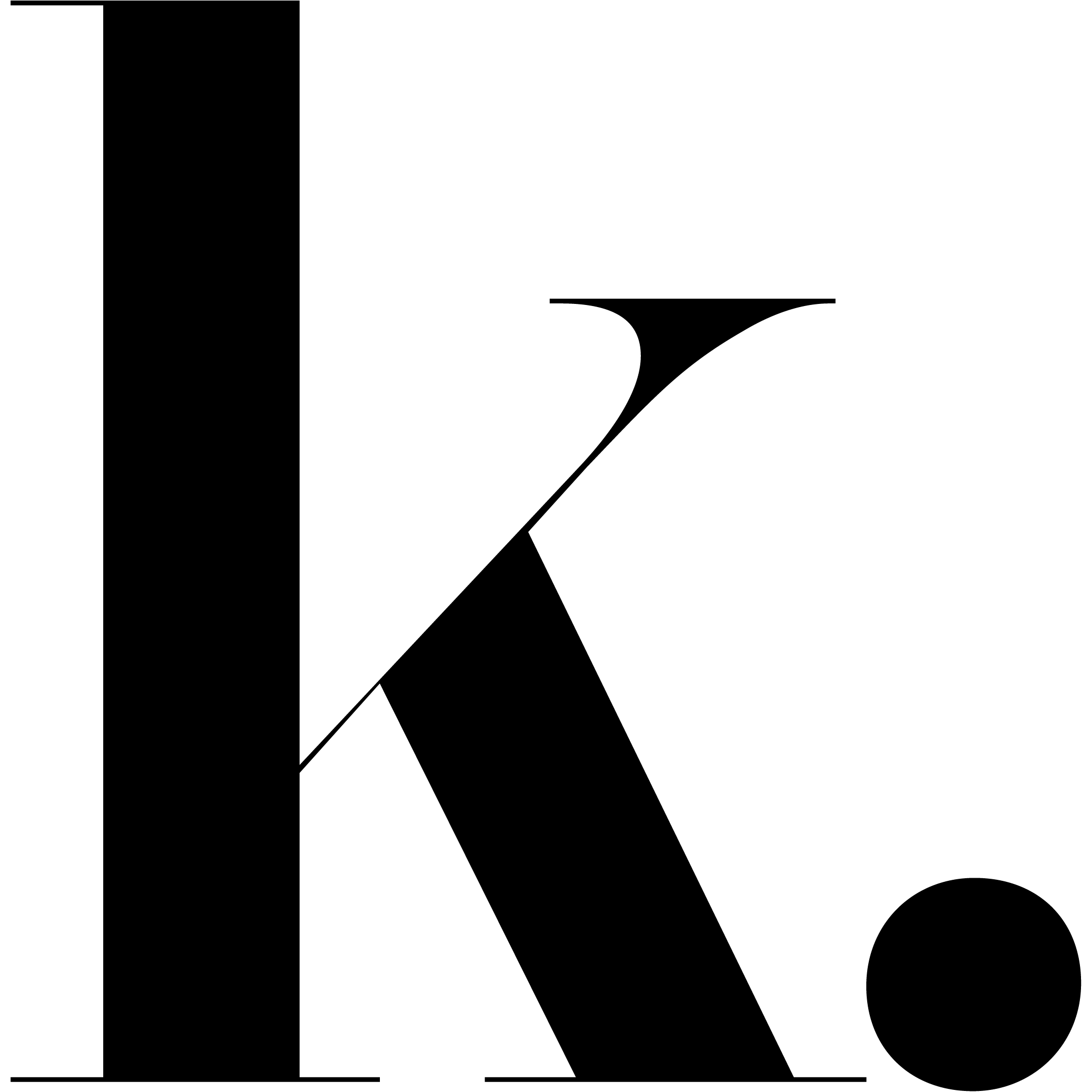Ah, the new year. A time of hopeful beginnings and blank slates. The period when we’re assessing our lives and how far we’ve come while drawing up some fresh new ambitions in the name of self-improvement.
When the clock strikes twelve, we congratulate each other for making it through another year, before swearing to ourselves that this year, we’d hit the gym consistently, get into a new hobby, or cut back on our screen time by half.
But the reality is that the average resolution has a lifespan of just under four months—it’s not surprising for a person to abandon their promises to themselves by as early as the second week of January. In fact, it’s such a common phenomenon that there’s a day to commemorate it, known as Quitter’s Day, which can be any day from the 17th to the 19th of January.
Often, we fail our resolutions because they’re too hard or too big, and we lose the motivation. So why do we keep making these resolutions every new year?
We can think of our insistence as owing to our could haves, should haves, and would haves.
Comparison and a desire for change: Could have
Similar to how birthdays mark periods of every person’s life, a new year signifies a fresh era for the world we’re part of and the times we live in. That makes it natural for us to look inwards and assess where we are in life.
This leads to a comparison of two timelines—where we want to be at this point ideally, and where we actually are in reality.

We start questioning ourselves: Am I the kind of person I want to be? What could I have done last year, or even two years ago, or even last month, that would improve this area or that area of my life? I could have read 20 books last year. I could have done this or that. I could have achieved this or stopped doing that, and I could have been a better version of myself right now.
We compare the ideal version of ourselves and our lives to the new year’s version, and our self-assessments naturally lead to a desire for self-improvement and positive change in our personal lives, from how early we wake up in the morning to the way we interact with other people.
Purpose and control: Should have
The desire to become someone better in the new year is one thing, but humans are creatures of action.
We become inspired by the idea of a better you and me. The realization of what you could have been in the past is converted into thoughts of what you should have done or achieved. I should have read 20 books before the year ended. I should’ve done this, done that, etc.
We’re also creatures of anxiety. The idea of something new is exciting, but it also brings in uncertainty, and a new year is as unpredictable as it is hopeful.

So we turn to resolutions to set a tone for the year, ease the grip of uncertainty, and maintain a sense of control. This year, I’ll do x thing like I should have last year.
We write down our New Year’s resolutions because a commitment at the start of the year helps us to be in better control of our direction. A challenge that leads to self-improvement gives us purpose.
Cleaning the slate in retrospect: Would have
The allure of a clean slate can be irresistible to many, so much so that it pushes us to think of our would haves for the past year or so.
Have you ever thought, “I wish I could go to a city where nobody knew me, and I could start over without looking back”?
To many of us who make resolutions, the new year is the city that offers us a clean slate free of judgment. The year is pressing reset, so why can’t we too?
There’s so much that can happen in a year, and many of us might just be looking for a clean, fresh start. Welcoming the new year with promises gives us an avenue for what we would have done were things less complicated or hectic in the past year.
Sometimes, all you need is the passage of time as the right push. You gain a feeling of clarity, like you can now do what you would have done given the chance. I would have done this or quit that. I would have read 20 books now that I know things turned out alright by the end of the year.

In the end, though, our New Year’s resolutions are easier said than done—for the most part. It almost feels like our motivation and the fresh version of ourselves gradually wear off together with the novelty of the new year. Breaking our resolutions is part of the cycle, so don’t beat yourself too much over it.
But don’t let me give you excuses. You don’t need a firework show or a countdown to the new year—an arbitrary date, mind you—to transform an area of your life or improve yourself. The best time is always now.
And in case you want to pick up where you left off with a resolution you’ve abandoned, there’s always “Recommitment Day” on June 1st.
For now though, let’s all try to make it past Quitter’s Day.




One thought on “Could Have, Should Have, Would Have: Why Do We Insist on New Year’s Resolutions Even Though We Fail Every Year?”